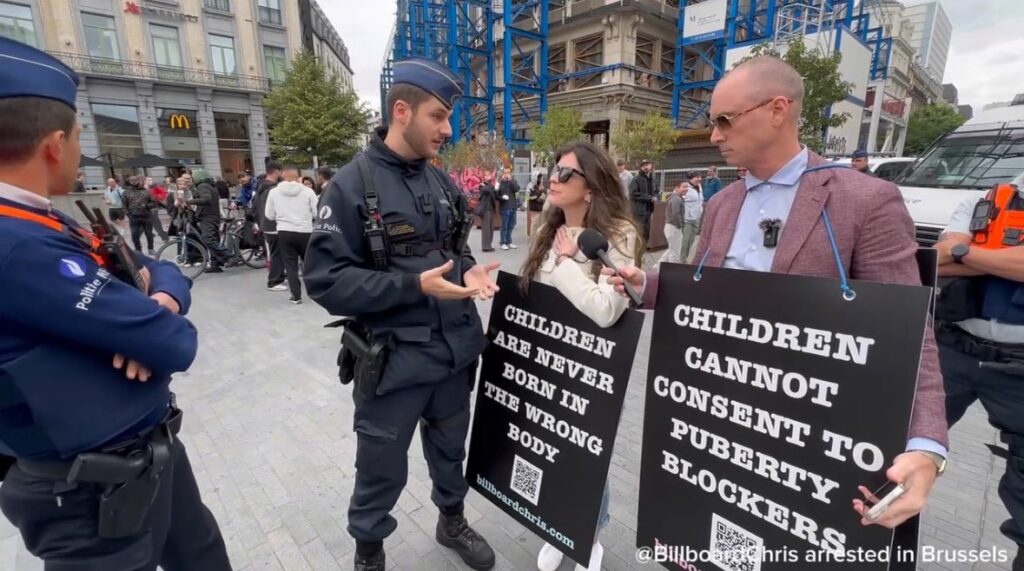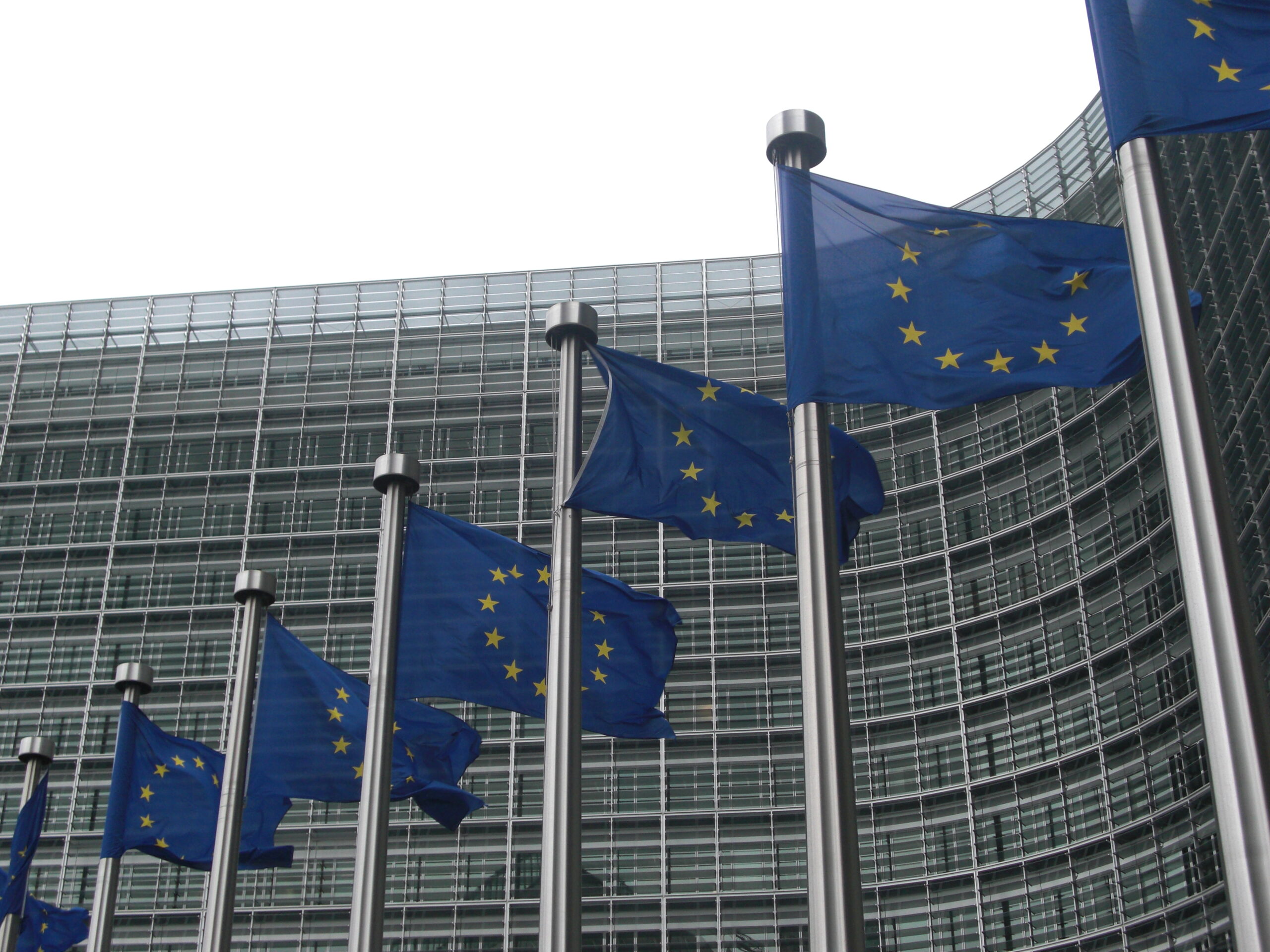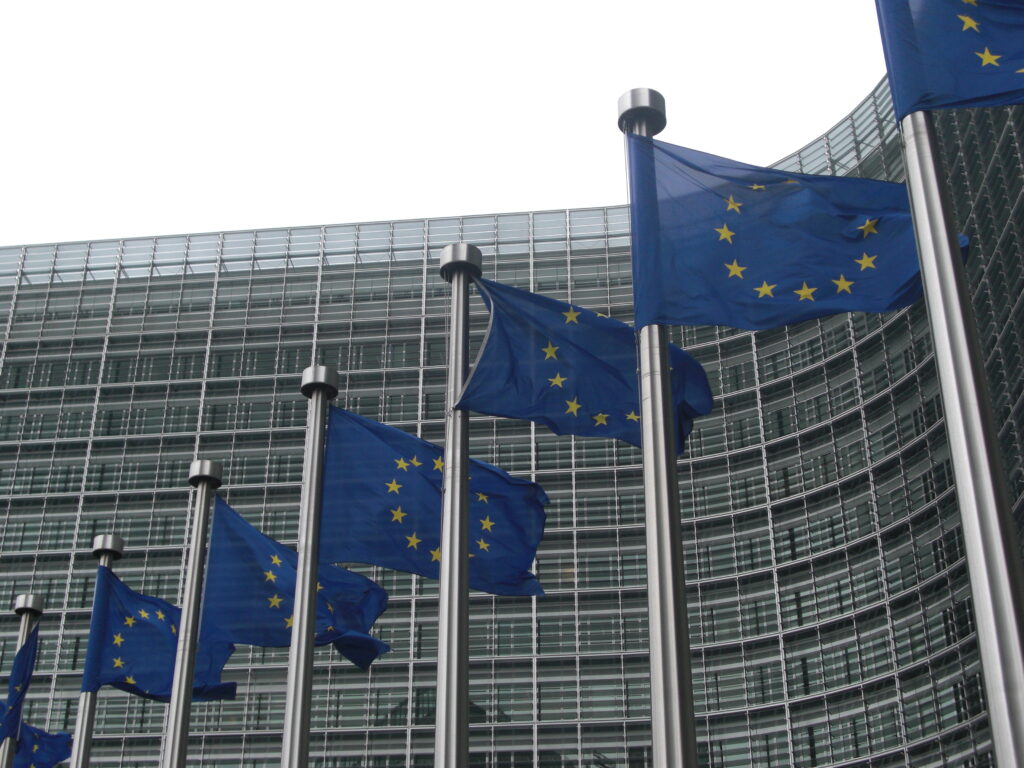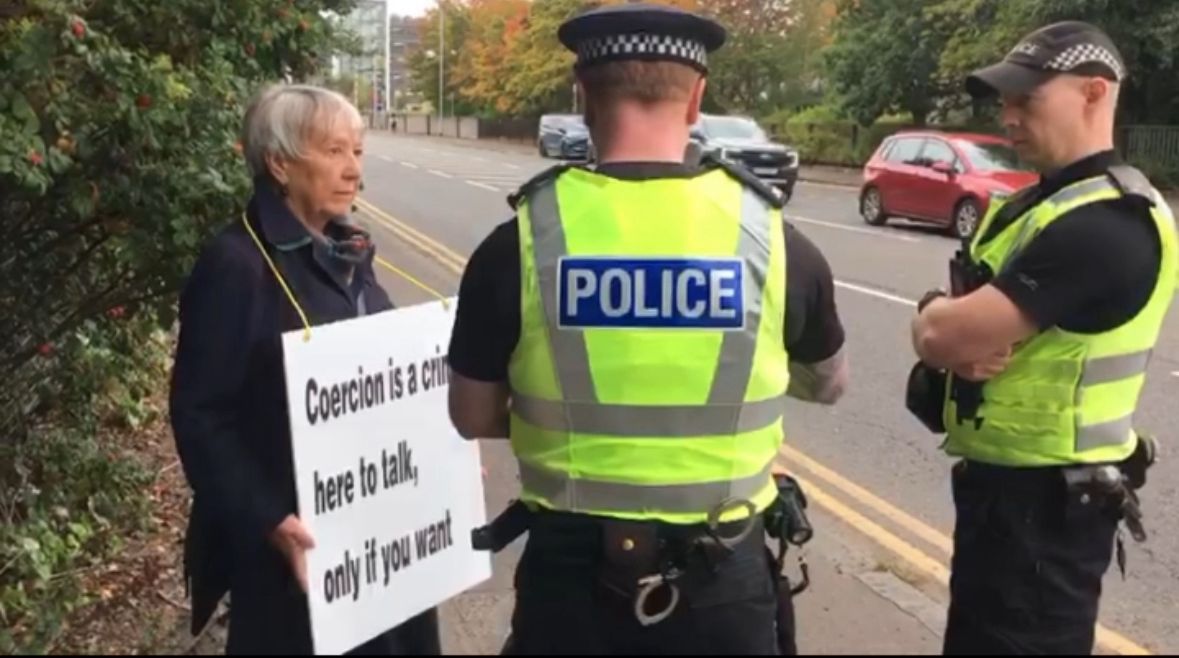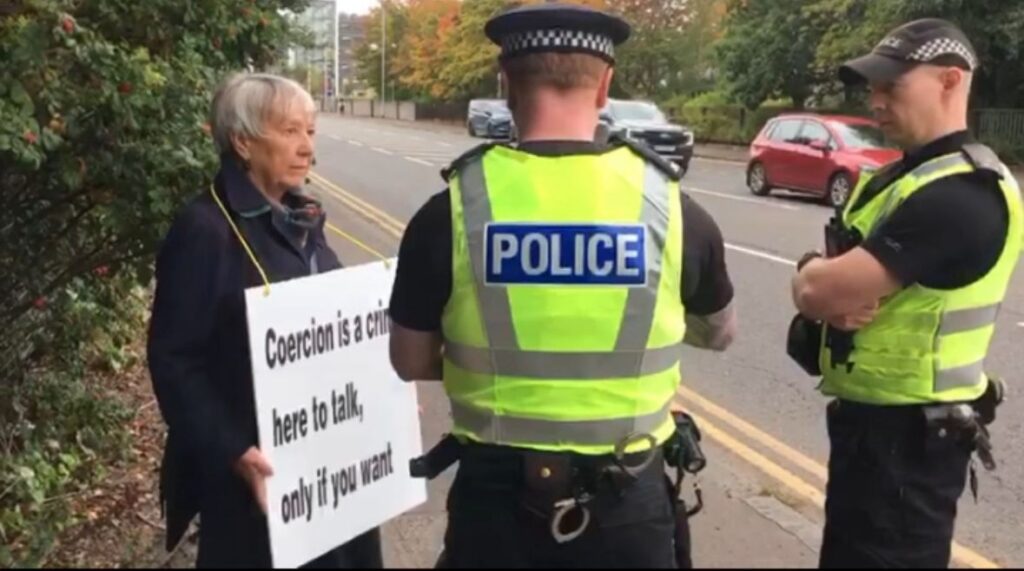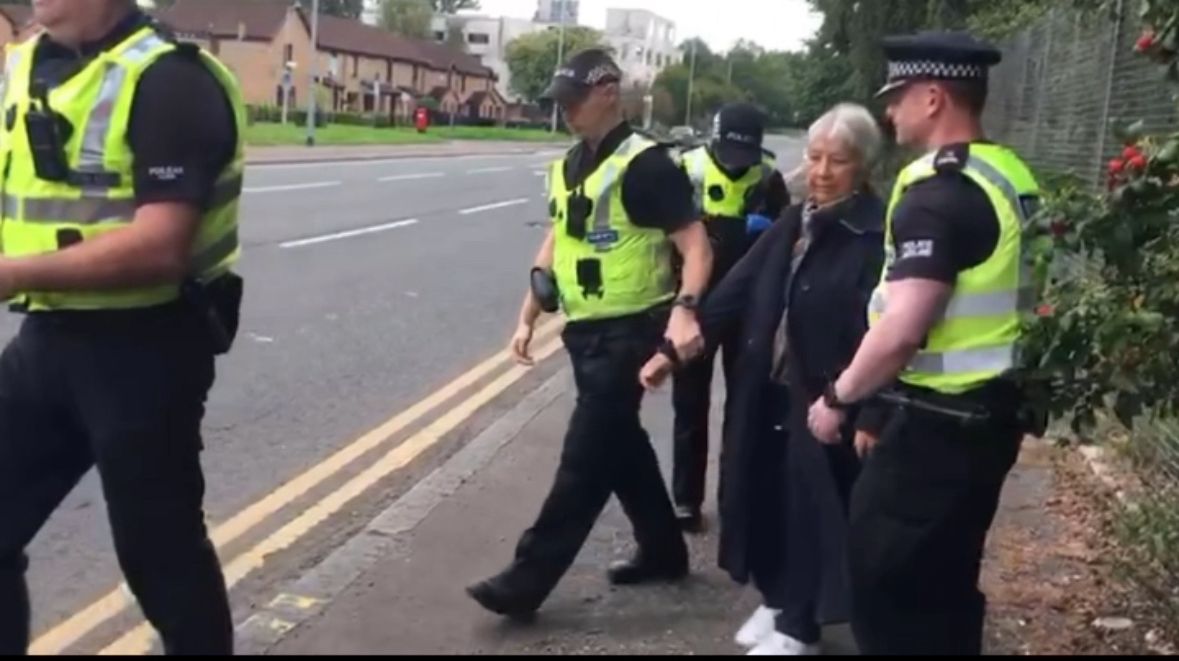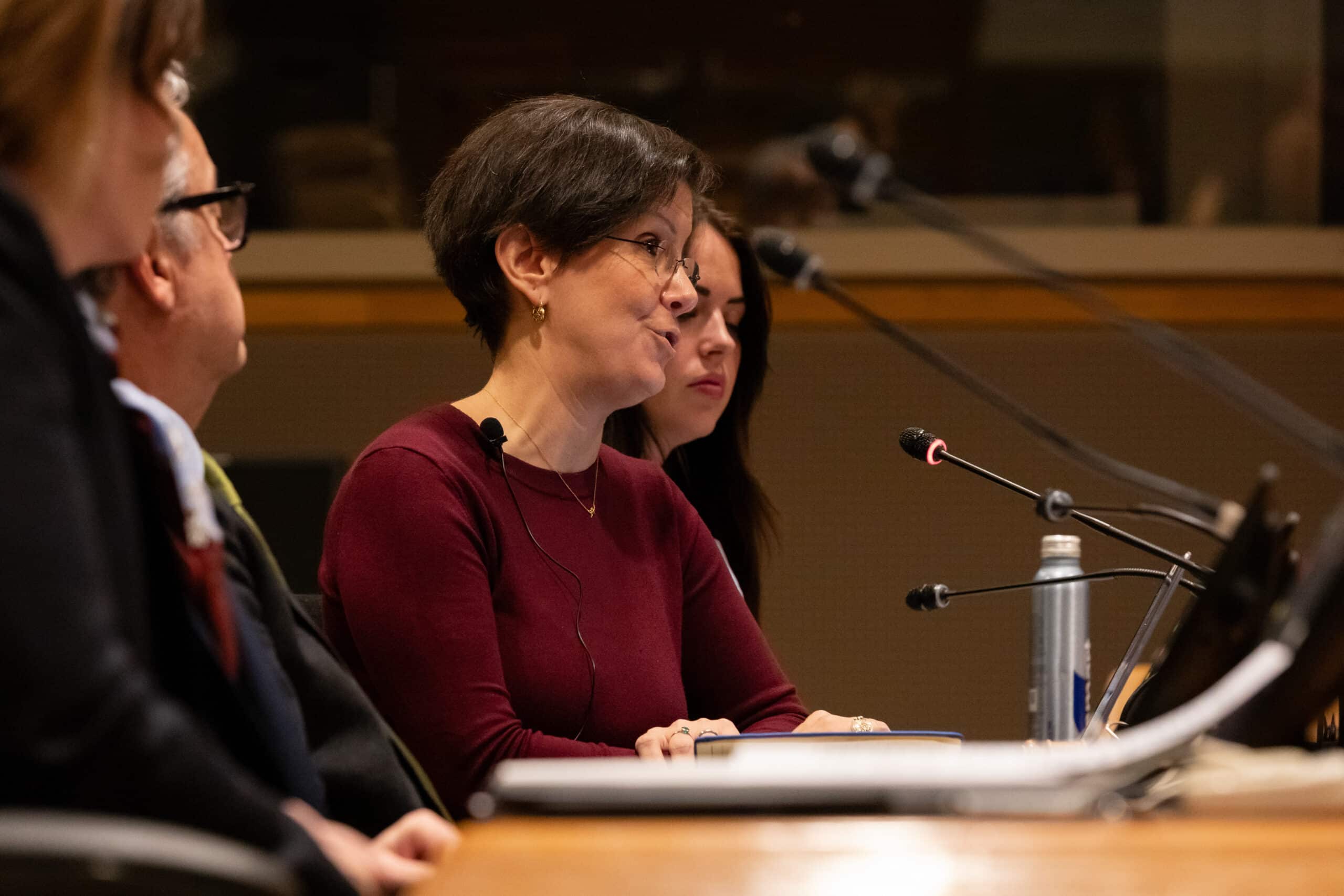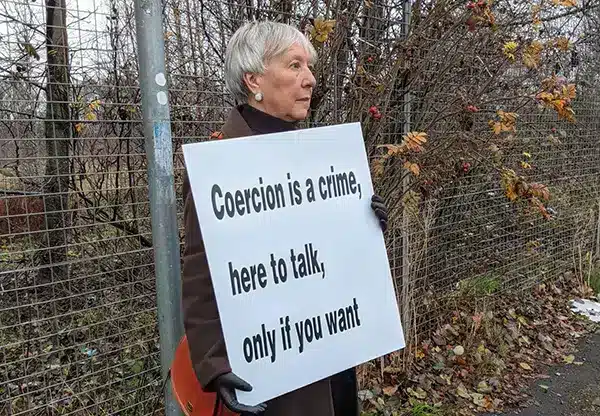The free speech experts’ letter called on the Commission to address these free speech concerns in its review of the DSA, which was published yesterday, but the Commission has now failed to do so in its report.
Instead, the report reiterates the Commission’s position that the DSA is “content-agnostic” and therefore beyond free-speech scrutiny. This stance is at odds with the DSA’s real-world enforcement, which pressures platforms to remove content to avoid punishment from the EU, which can result in fines of up to 6% of global revenue. The report provides no substantive response to the concerns around censorship-by-proxy, overreach, or the DSA’s extraterritorial effects, nor does it assess the DSA under the EU Charter’s free speech protections, as requested by experts and NGOs.
More alarmingly, the Commission further signals its intention to deepen and tighten DSA-related coordination, calling for stronger inter-authority cooperation, joint guidance, and even potential “one-stop-shop” mechanisms across the EU, a development that risks amplifying existing free-speech concerns rather than addressing them.
Reacting to the DSA review, Senior Counsel, Europe for ADF International, Dr Adina Portaru said: “It is alarming that the European Commission has disregarded well-founded censorship concerns and overreach, expressed by international free speech experts, big tech, and concerned governments alike in its review of the DSA. The Commission has indicated that they will address free speech in future reviews ( in 2027); however, the threat of censorship should not be taken lightly and addressing its effects cannot be delayed.
“The DSA could install a global censorship regime and is the greatest threat to online freedom of expression in the Western world today. We will continue to advocate for the protection of free speech in light of the DSA’s censorial threat in order to keep the digital public square free.”
Free speech concerns from US government and big tech companies
The Commission’s report fails to address transatlantic free-speech concerns, despite growing tension around the DSA’s global effects.
In September, US Ambassador to the EU Andrew Puzder expressed concern that the DSA risks censoring American citizens. This followed an August directive from US Secretary of State Marco Rubio to US diplomats in Europe to prioritize diplomatic efforts to challenge the DSA.
X and Google have issued similar warnings about the potentially global censorship impact of the DSA.
Ambassador Puzder also said: “No President of either party, and I can tell you President Trump in particular, is going to tolerate a foreign government restricting the First Amendment fundamental free speech, free expression rights of American citizens, to an extent that the United States government can’t even regulate those rights.
“So we need to come to an understanding as to what’s happening with the Digital Services Act.”
Ambassador Puzder also reportedly said the United States would make formal submissions under the European Commission’s review of the DSA.
Free speech experts’ letter to European Commission
Last month, 113 experts, including a former VP of Yahoo Europe, a former US Senator, and politicians, academics, lawyers and journalists from around the globe, wrote to the Commission, calling on it to consult free speech experts as part of its review into the DSA.
The letter, which was coordinated by ADF International, said: “[The DSA] constructs a pan-European censorship infrastructure with loosely defined boundaries and the potential to suppress legitimate democratic discourse…
“The wide definition of illegal content allows the most speech-restrictive provisions of one single EU country to be imposed as a standard across the entire Union, and potentially worldwide, effectively importing the lowest common denominator of expression.”
The letter added: “The broad definition of ‘illegal content’ in the DSA, combined with existing jurisprudence of the Court of Justice of the European Union (CJEU) opens the door to worldwide takedowns.”
The letter expressed concern over the European Commission’s opaque review process into the DSA and called on the Commission to: “Conduct a comprehensive and inclusive consultation with independent experts in freedom of expression, constitutional law, and digital rights, ahead of the November review, inviting public comments.
“Publicly disclose the list of NGOs, civil society actors, and partner entities engaged in the review process, including the criteria and methodology used for their selection.
“Ensure that the review includes a rigorous legal analysis of the DSA’s compatibility with fundamental rights protections, especially under Article 11 of the Charter of Fundamental Rights of the EU, Article 10 of the ECHR, and Article 19 of the ICCPR.”
In the Commission’s response to the letter, it stated that, “the DSA does not regulate specific speech as it is content agnostic” and that “competent authorities…have no power to moderate user content or to impose any specific content moderation approach on online platforms.”
“Claiming that the Commission is ‘not moderating’ because it does not press the delete button itself is disingenuous. Platforms respond to Commission pressure, and the Commission is fully aware of the practical consequences of the extraordinary amount of pressure it exerts. The response letter to the free speech experts’ concerns never addresses this indirect but powerful influence.
“The Commission’s response simply ignores that its own enforcement actions are based not on agnostic principles but on contested normative determinations about which speech categories create systemic risks. In effect: the DSA cannot be content-agnostic when its entire enforcement architecture revolves around evaluating how platforms treat specific content types, even if the law avoids explicitly naming them,” responded Dr Portaru.
“Further, the Commission has entirely dismissed the very valid concerns of extraterritorial reach despite the clear global threat of the DSA. The response fails to address repeated concerns from international partners, including the U.S., that the DSA incentivises de facto global moderation policies. The Commission has missed an extremely critical opportunity to restore free speech and to engage constructively with its citizens on the DSA’s impact on fundamental rights,” Portaru continued. Read the free speech experts’ letter and see the full list of signatories here.
